


Brazilian researchers interviewed 1,905 children twice in seven years and analyzed 22 risk factors that can influence human development. An article on the study is published in Scientific Reports.
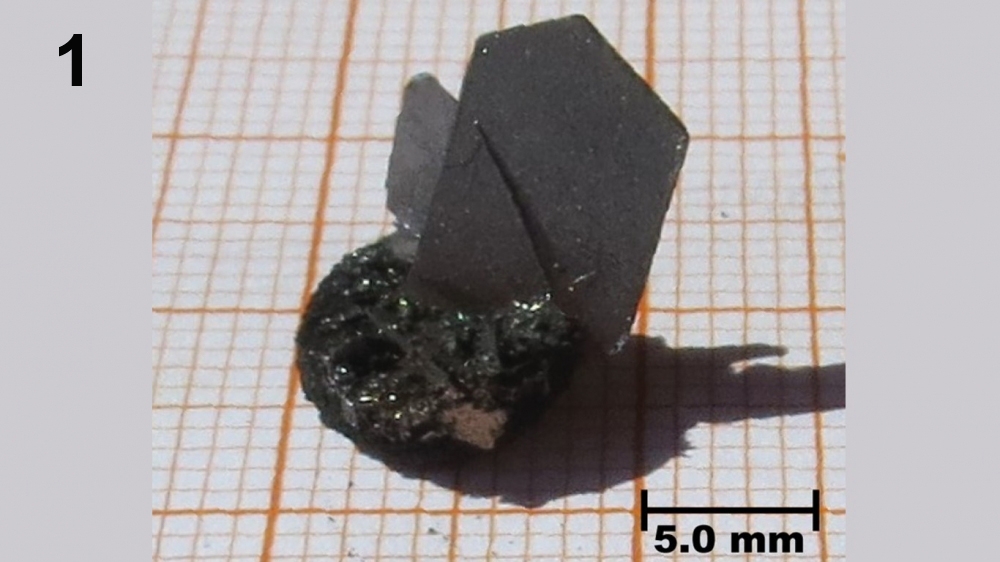
Researchers at the University of São Paulo created an alternative technique that could contribute to the development of quantum computing.
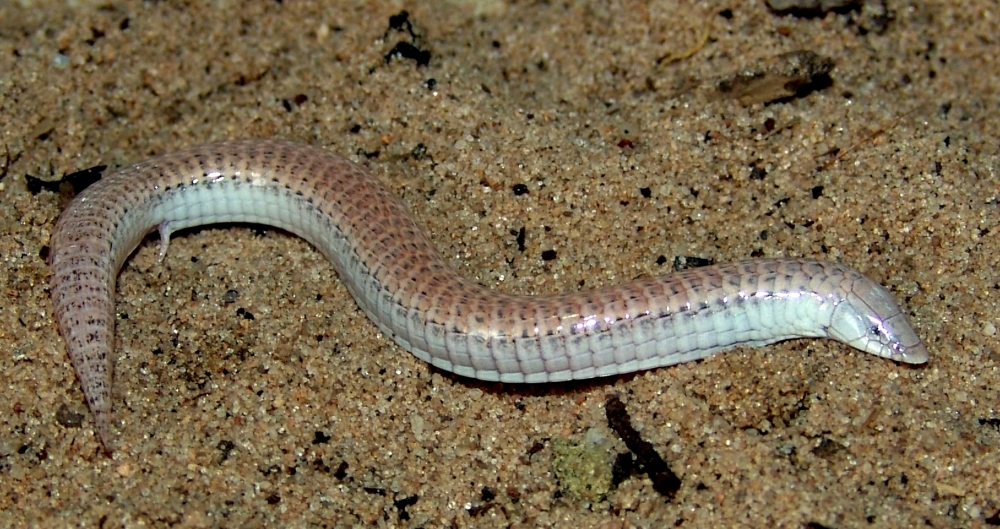
Genomic analyses performed by researchers in Brazil and Germany suggest that different groups of reptiles submitted to similar environmental conditions developed convergent adaptations independently.
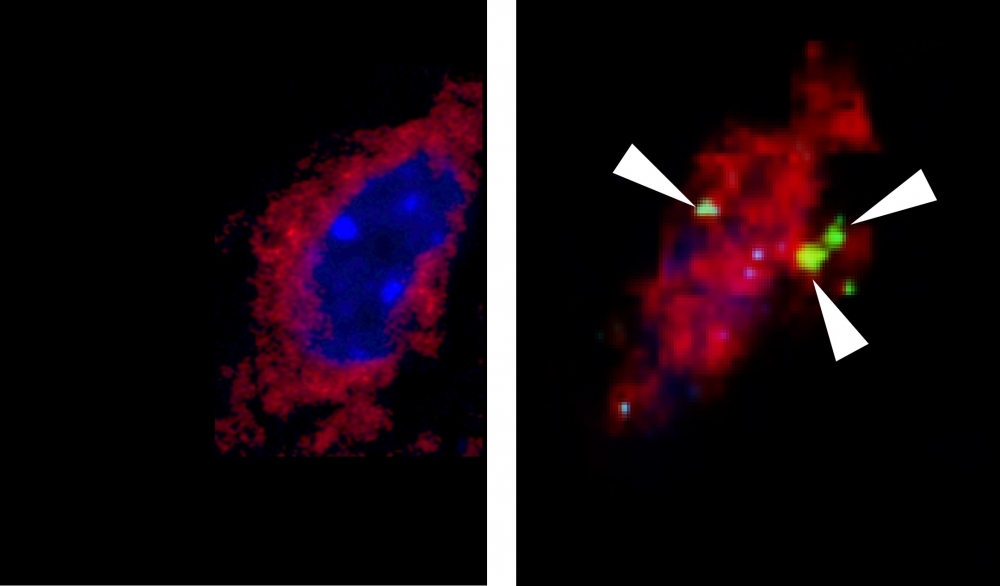
Through experiments involving mice, Brazilian researchers discovered that a molecule released by the brain during exercise breaks down fatty acids in skeletal muscle tissue and continues to do so after the exercise has ceased.
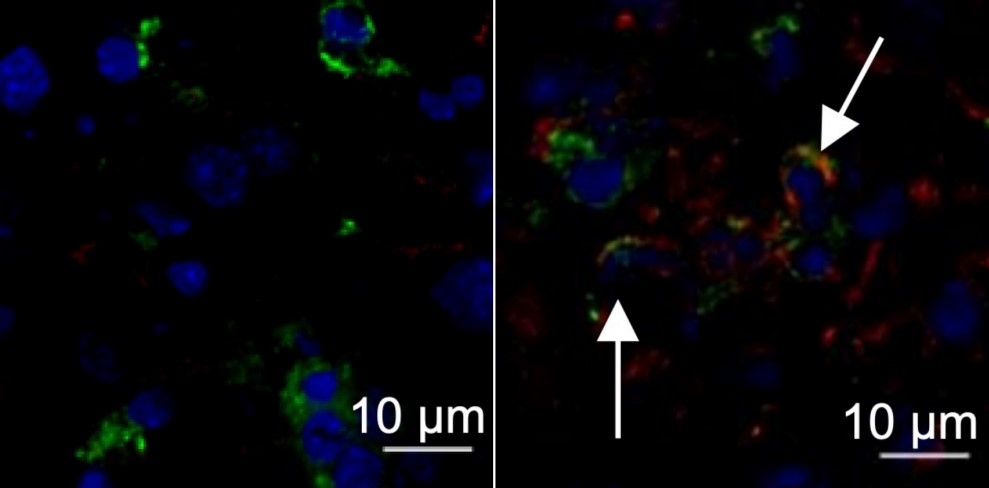
A type of treatment known as immune checkpoint blockade proved beneficial in cells from COVID-19 patients in intensive care and in mice infected by a betacoronavirus similar to SARS-CoV-2. The study is published in Science Advances.

Experts who took part in a seminar held by FAPESP highlighted the importance of Indigenous filmmaking to a wider societal awareness of the conflicts occurring on Indigenous reserves and in conservation units in the Amazon.
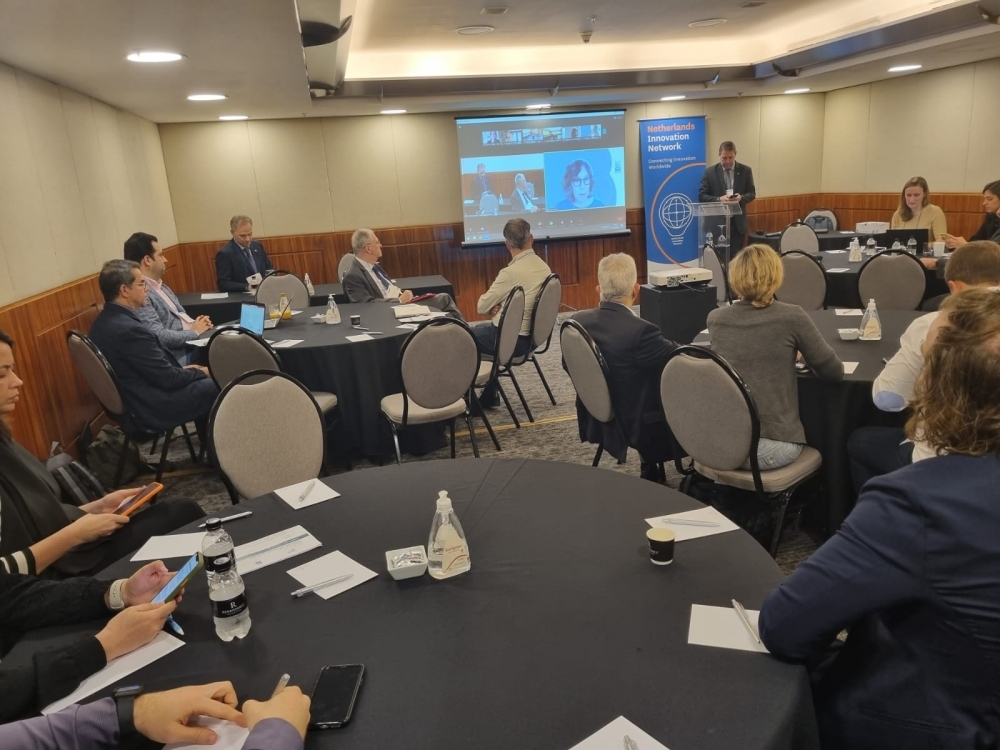
At a meeting held in São Paulo city, researchers from the Brazilian state of São Paulo and the Netherlands described their work on the development of prosthetics and other implantable biomaterials. FAPESP will invest BRL 15.2 million to fund the projects selected in the call.
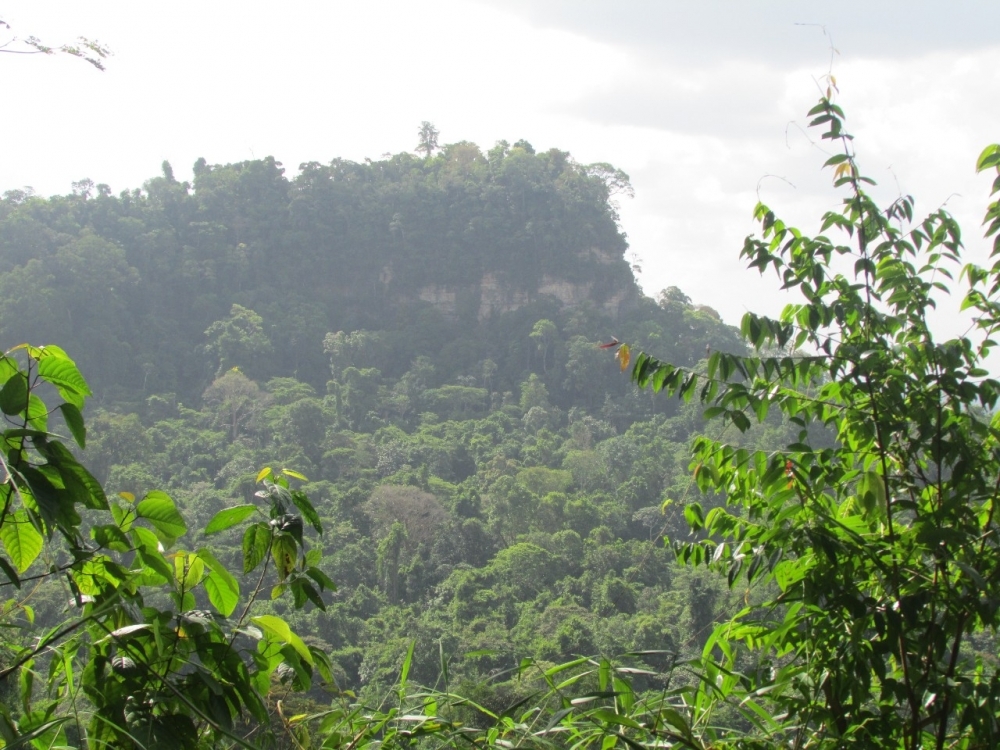
Using models based on a reserve created by the government for geological research and protection of mineral assets, Brazilian researchers estimated that opening the area up to mining would lead to the destruction of 183 km² of forest and further loss of 7,626 km² due to the direct and indirect impacts of the infrastructure required to implement and operate projects.
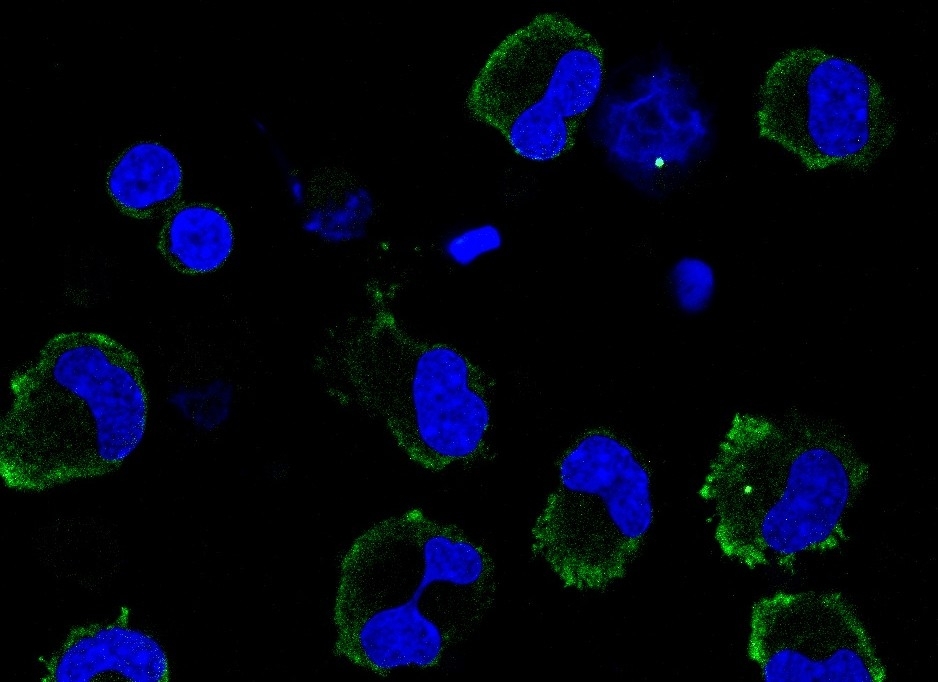
Researchers at the University of São Paulo tested the anthelmintic niclosamide on mice and human blood cells. In addition to exhibiting antiviral action, the drug deactivated the cellular mechanism that triggers a cytokine storm. A novel formulation is required for the active principle to reach the lungs and treat severe COVID-19 in humans.
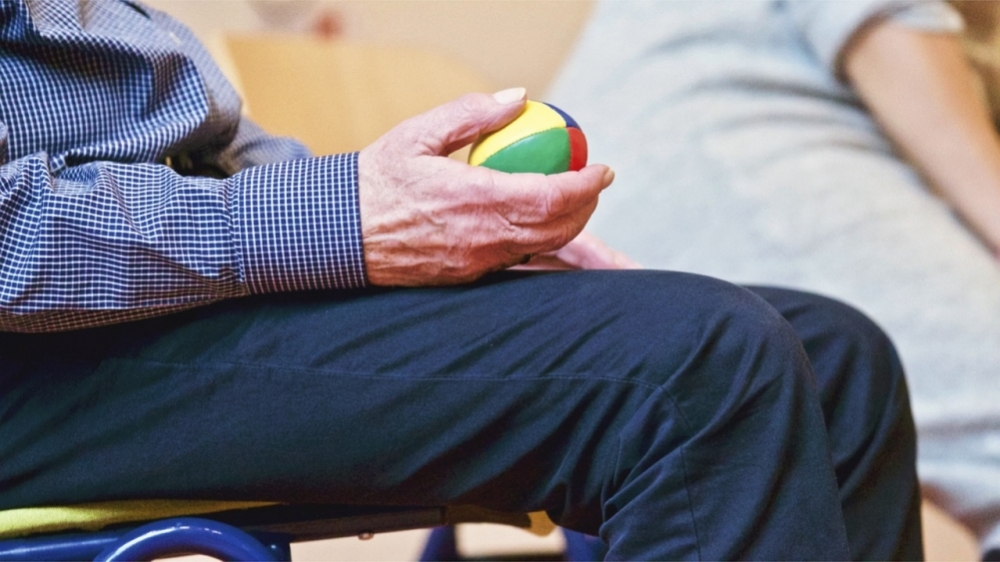
Measuring handgrip strength is one of the main ways of detecting sarcopenia, a syndrome characterized by loss of muscle mass, force and function. Researchers in Brazil and the UK recommended raising the minimum value considered normal, after analyzing data for more than 6,000 men and women aged 60 and over.

The process is associated with warming of the ocean subsurface resulting in a reduction of surface salinity due to the release of huge iceberg armadas from glaciers.
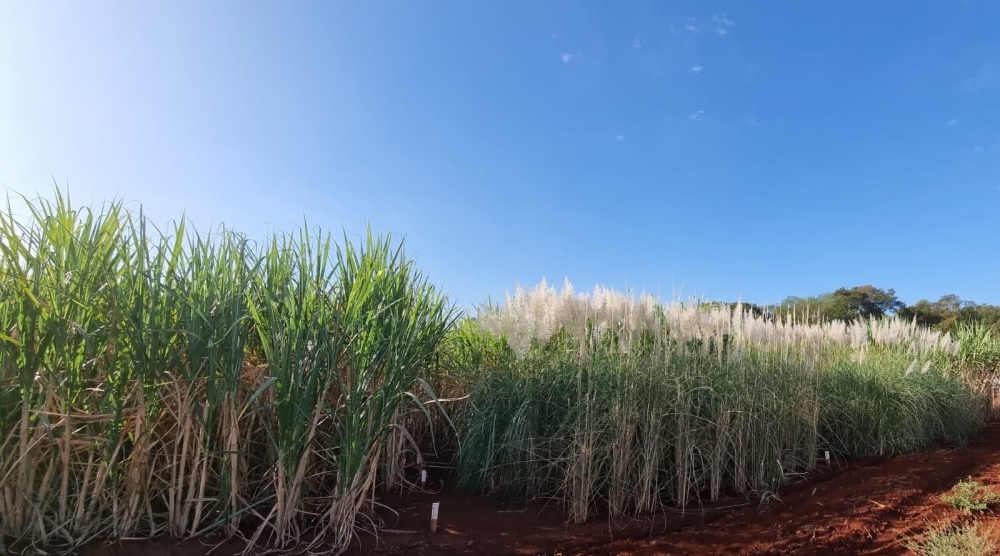
A technique developed by Brazilian researchers enhances the efficiency of breeding programs, saving selection time and the cost of plant genotyping and characterization.
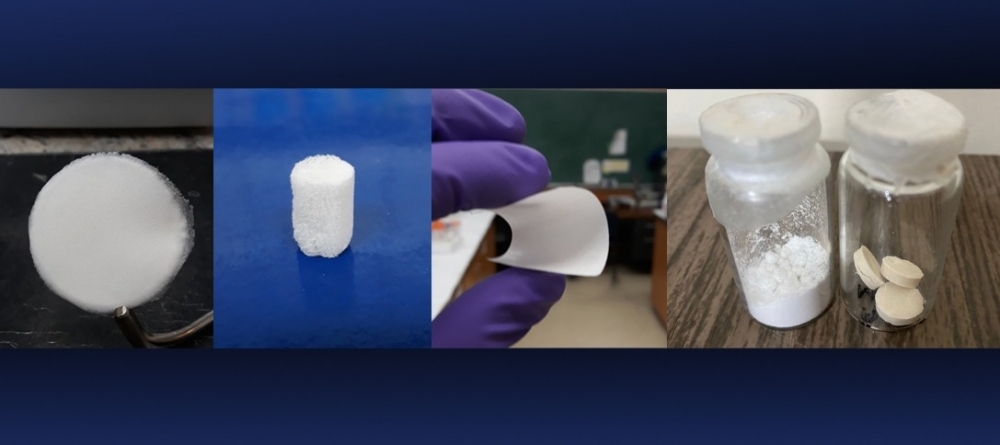
Scientists at the Federal University of São Carlos adapted material derived from sugarcane bagasse and papermaking to replace the synthetic polymers available on the market and used by growers. The main aim was to avoid the discharge of non-biodegradable chemicals into the soil.

For the next five years, Euclides de Mesquita Neto will be responsible for coordinating the activities of the GRC, which connects more than 60 research funding agencies on all continents.

Focusing on astronomy and astrophysics, the 14th FAPESP 60 Years Conference featured three leading scientists in the field, including Nobel Laureate Brian Schmidt.
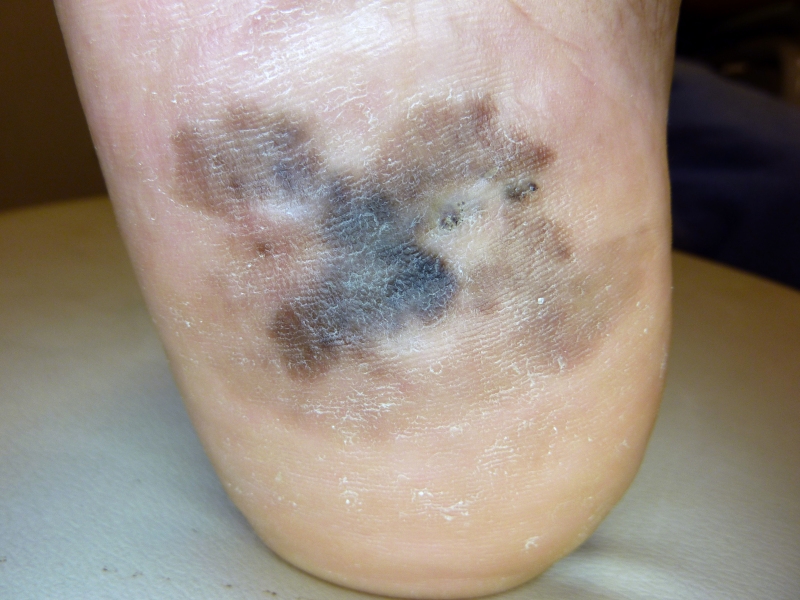
Analysis of skin tumor samples showed correlations between changes in proteins that regulate the organism and prognosis. The results, published in Nature Communications, were obtained by researchers in Brazil and France.

FAPESP has long supported the company that developed the system, which identifies people from small fragments of finger and palm prints. It passed a key certification test set by the US National Institute of Standards and Technology.

The results of animal trials were published recently in Nature Communications. The researchers have received the green light from the national health surveillance authority to proceed with testing on humans.

Brazilian researchers have developed a tool that encodes patient identification data as DNA sequences and integrates databases with millions of records despite misspellings and omissions. The platform is fast and accurate and can be used for epidemiological analysis and public policy formulation.
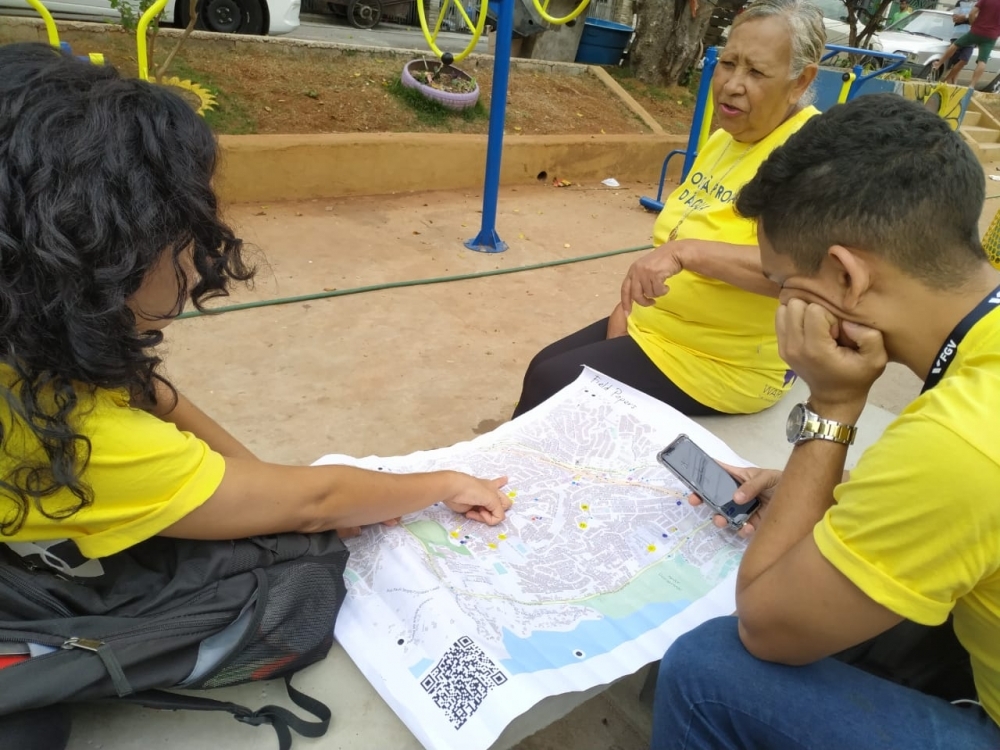
An article in Disaster Prevention and Management describes the course of discussions involving Brazil and the UK on how to improve flood risk governance. The project has produced an application and learning guide resulting from community participation.
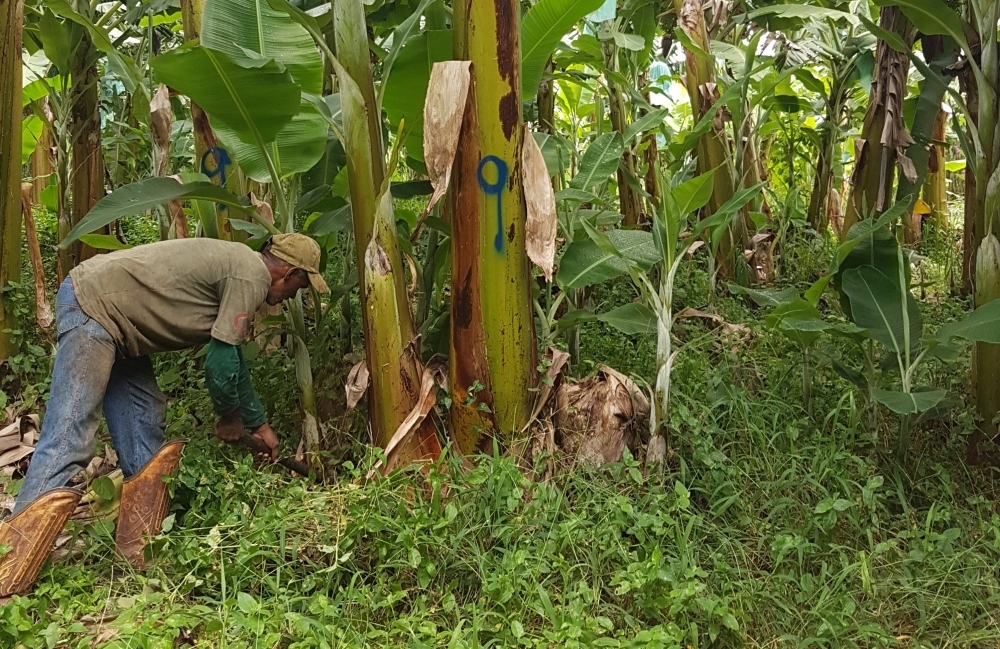
Brazilian researchers and collaborators found that Beauveria caledonica can be used for biological control of banana borers and Fusarium wilt, which are serious threats to a tropical and subtropical crop of the highest economic importance. The soil fungus supplements traditional banana plantation management strategies.
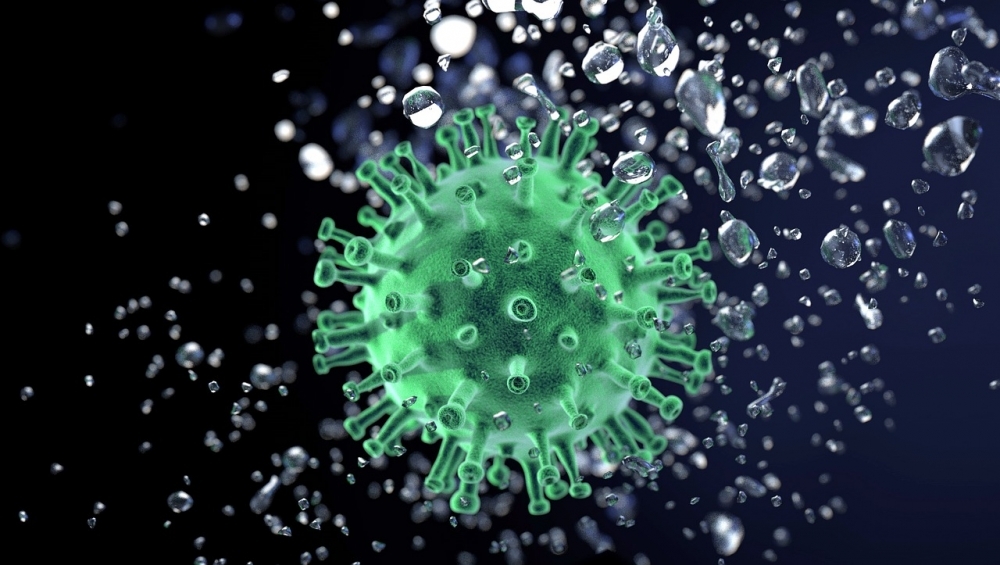
Researchers at the University of São Paulo analyzed air samples collected near the hospital complex run by its medical school and found that the more plastic they contained, the higher the viral load. The results of the study suggest SARS-CoV-2 binds to microplastic and more easily enters the upper airways and lungs.

However, scientific research is essential to take innovation to the countryside and raise yields without increasing deforestation, according to the experts who participated in an online seminar organized by FAPESP and the São Paulo State Academy of Sciences.

According to the article, Brazil has had more success than any other country with the use of biofertilizer to provide nitrogen for soybeans. The inoculation of microorganisms into the soil boosts yields, reduces greenhouse gas emissions and saves some USD 10 billion per year in imports of synthetic fertilizer.
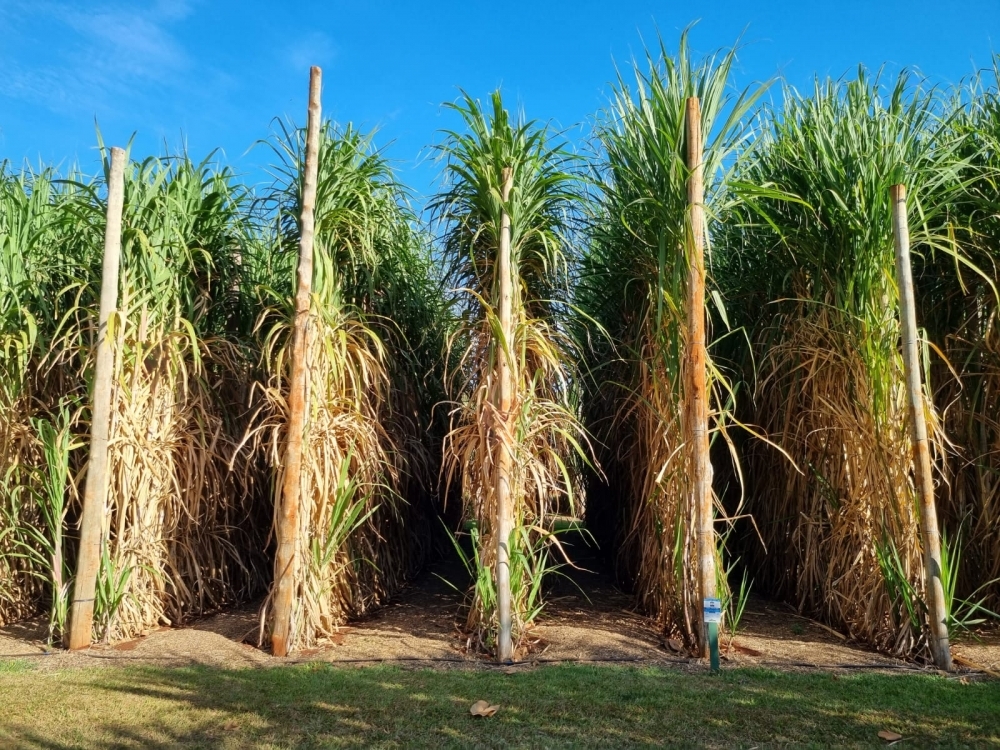
A study conducted at the State University of Campinas provides a foundation for future research to confirm identification of the best candidate genes for biotech applications such as insertion into commercially valuable plants and development of sugarcane varieties resistant to environmental pressures.